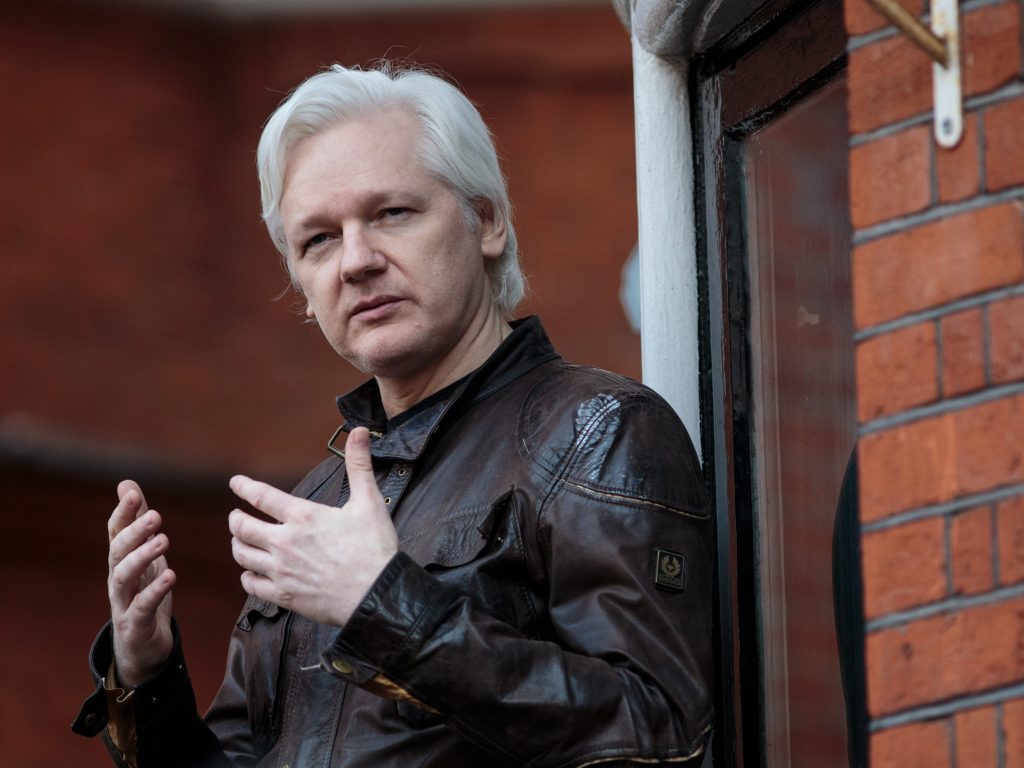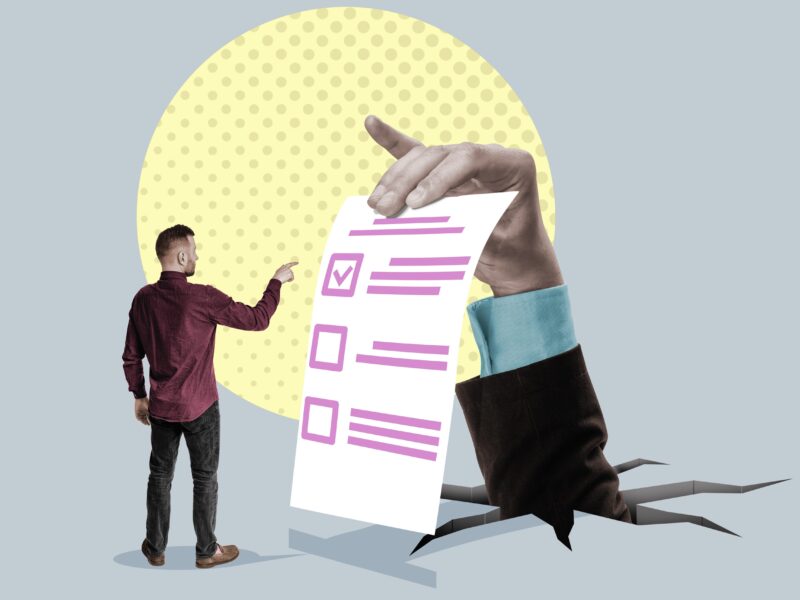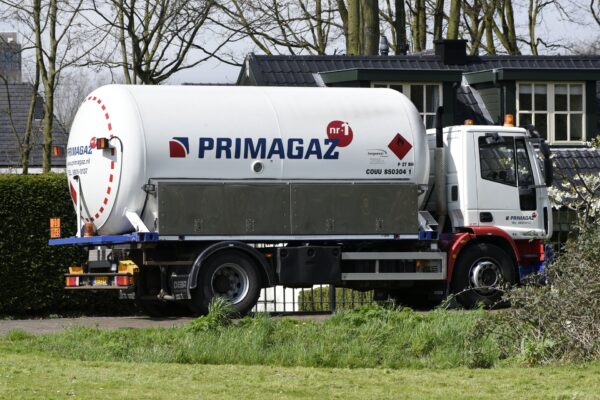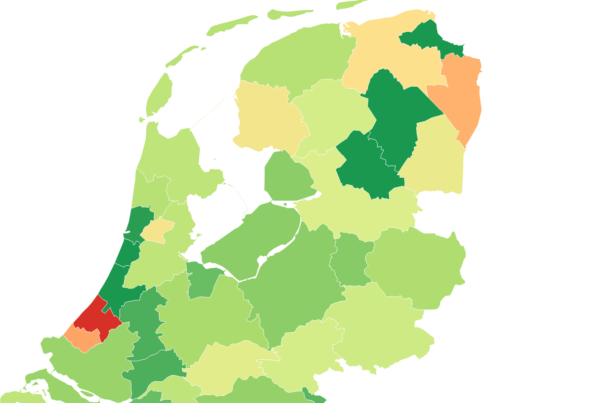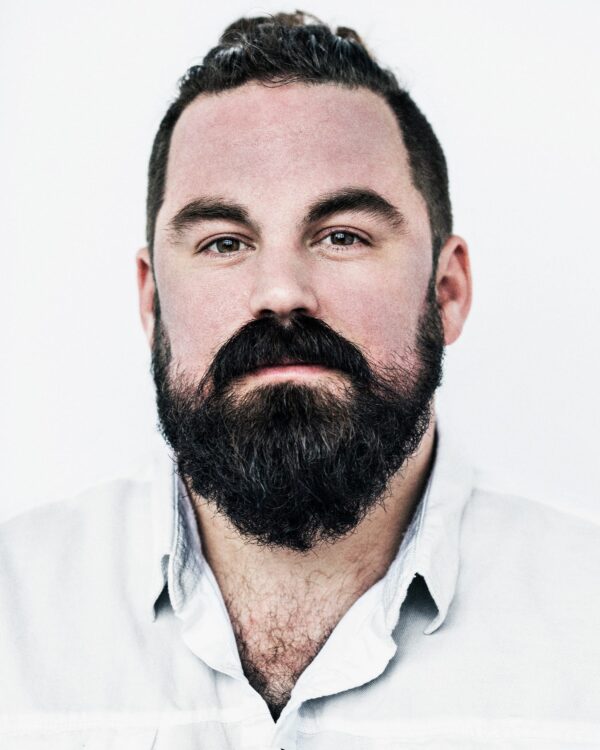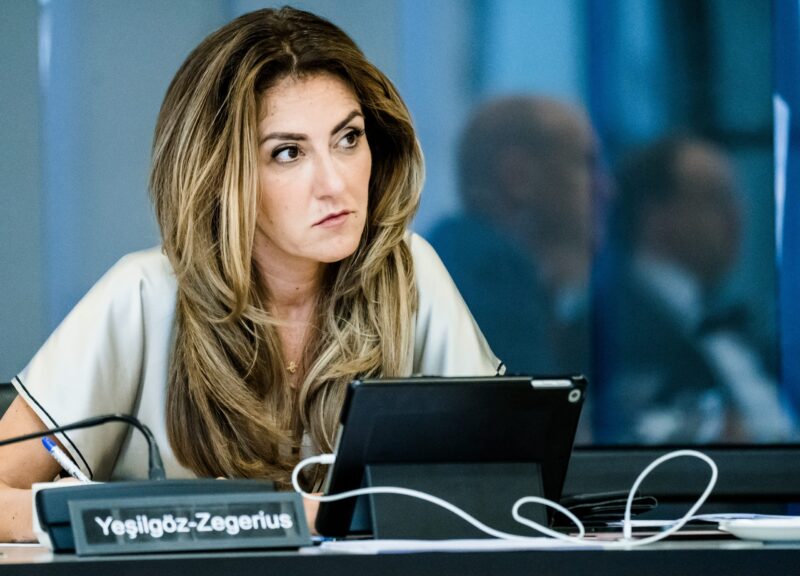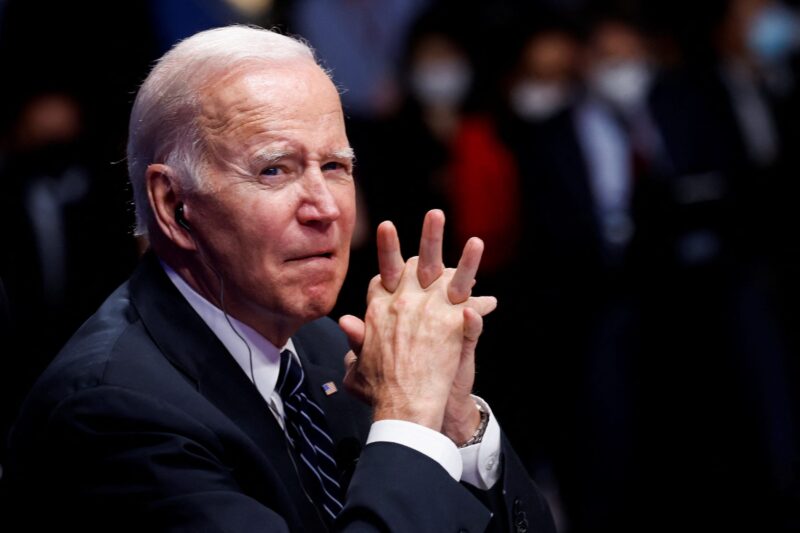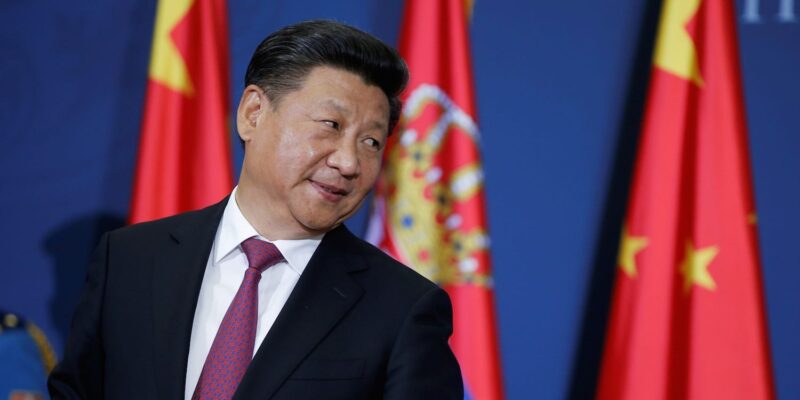- The UK has approved the request to extradite Julian Assange to the US.
- The WikiLeaks founder faces a total of 18 charges in the US, where he is accused of hacking and breaching the Espionage Act.
- Assange has 14 days to appeal the decision.
The UK has approved Julian Assange's extradition to the US, where the Wikileaks founder faces charges of hacking and espionage charges, the UK Home Office confirmed Friday.
The WikiLeaks founder faces a total of 18 charges in the US, where he is accused of conspiring to hack government computers and breaching the Espionage Act when WikiLeaks published a trove of confidential military and diplomatic documents in 2010. He faces up to 175 years in prison if he is convicted.
Assange has 14 days to appeal the decision, which came on Friday after two UK courts approved an order for him to be extradited, a Home Office spokesperson said in a statement seen by Insider.
Assange previously argued that he was at risk of suicide and self-harm in the US.
The Home Office spokesperson said, however: "In this case, the UK courts have not found that it would be oppressive, unjust or an abuse of process to extradite Mr. Assange. Nor have they found that extradition would be incompatible with his human rights, including his right to a fair trial and to freedom of expression, and that whilst in the US he will be treated appropriately, including in relation to his health."
Assange lived in Ecuador's embassy in London as an asylum seeker from 2012 to April 2019, when Ecuador withdrew its protection of him, and the police dragged him out of the building. He was then taken to prison in the UK, and the US requested to extradite him.
While Patel has given a green light, Assange's legal team will now appeal.
A statement published on Twitter by Wikileaks said it was "a dark day for Press freedom and for British democracy".
The group accused Patel of being "an accomplice of the United States in its agenda to turn investigative journalism into a criminal enterprise".
The statement added: "The path to Julian's freedom is long and tortuous. Today is not the end of the fight. It is only the beginning of a new legal battle.
"We will appeal through the legal system, the next appeal will be before the High Court. We will fight louder and shout harder on the streets, we will organise and we will make Julian's story be known to all."
